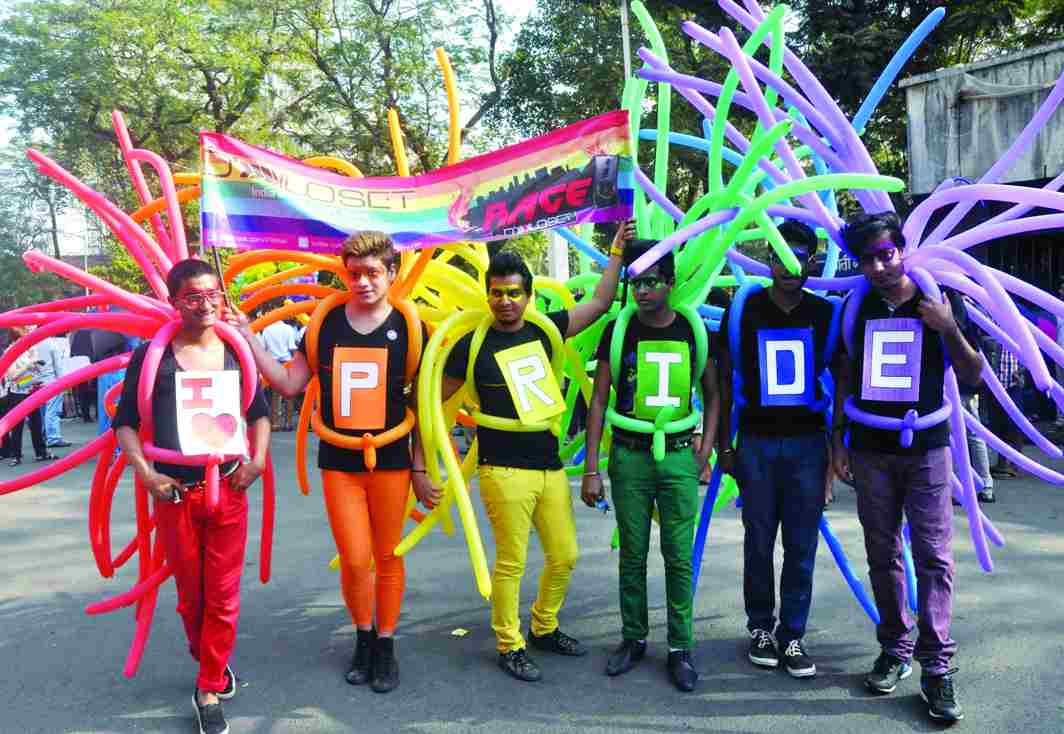Chief Justice of India D.Y. Chandrachud on Wednesday refused to term same-sex marriage as an urban elitist concept, stating that though it could be considered somewhat urban because more people were coming out of the closet in such areas, however, there was no data available with the Government to corroborate the same.
These observations were made by the CJI, while hearing a bunch of petitions seeking legal recognition of same-sex marriages in India, arguing that the right to marry a person of one’s choice should be extended to the LGBTQIA+ community as well.
The Constitution Bench of the Supreme Court, comprising the CJI, Justice Sanjay Kishan Kaul, Justice S. Ravindra Bhat, Justice P.S. Narasimha and Justice Hima Kohli, had commenced hearing the pleas on April 18.
On Day 2 of the hearing, the CJI noted that a State could not discriminate against an individual on the basis of a characteristic over which the individual did not have any control. He further said that while considering it as an innate characteristic, it countered the argument of being an urban elitist concept.
CJI Chandrachud expressed these opinions after the Central government argued that the petitioners seeking recognition of same-sex marriages represented urban elitist views.
In its latest affidavit on the matter, the Union of India, while opposing the petitions, claimed that the petitions represented mere urban elitist views for the purpose of social acceptance and that the legislature would have to consider broader views of all sections in the society.
It said living together as partners and having sexual relationship with same sex individuals was not comparable to the Indian family unit concept, which involved a biological man and a biological woman with children born out of such wedlock.
Earlier, the Union government had filed an application, urging the Apex Court to first decide on the maintainability of these petitions.
The hearing began on Tuesday on a heated note with the government saying that it will re-examine whether to participate in the proceedings or not.
Islamic religious body Jamiat-Ulama-I-Hind has filed an intervening application opposing the petitions on the grounds that notions like same sex marriage originated from Western culture, which had radical atheistic worldviews and the same should not be imposed in India.
The demand by same-sex couples to have adoption rights was also opposed by the National Commission for Protection of Child Rights (NCPCR), which mentioned a study stating that a child having such parents may get affected both socially and psychologically.
However, support came from the Delhi Commission for Protection of Child Rights (DCPCR), which said that adoption and succession rights must be conferred on same-sex couples.


